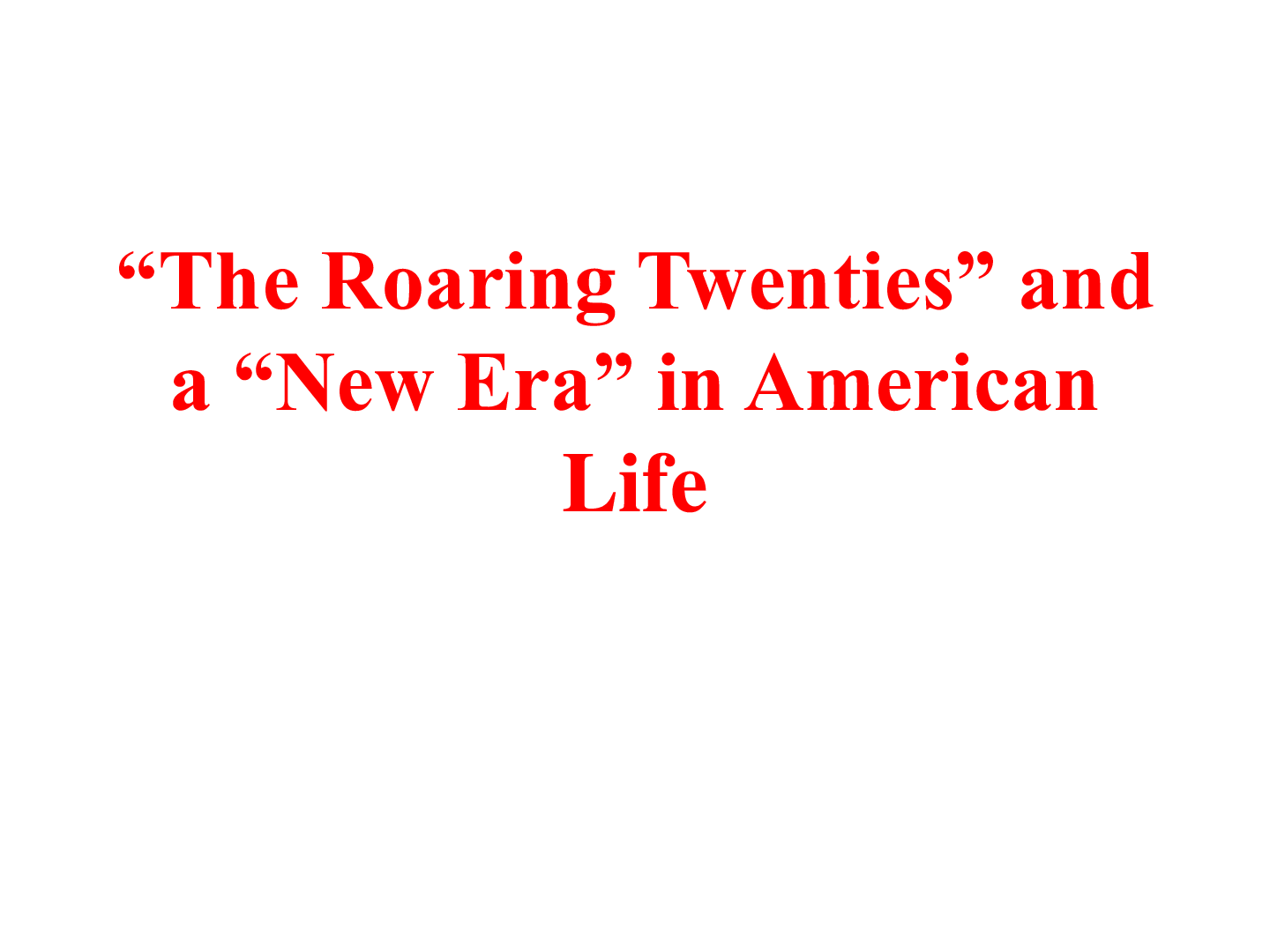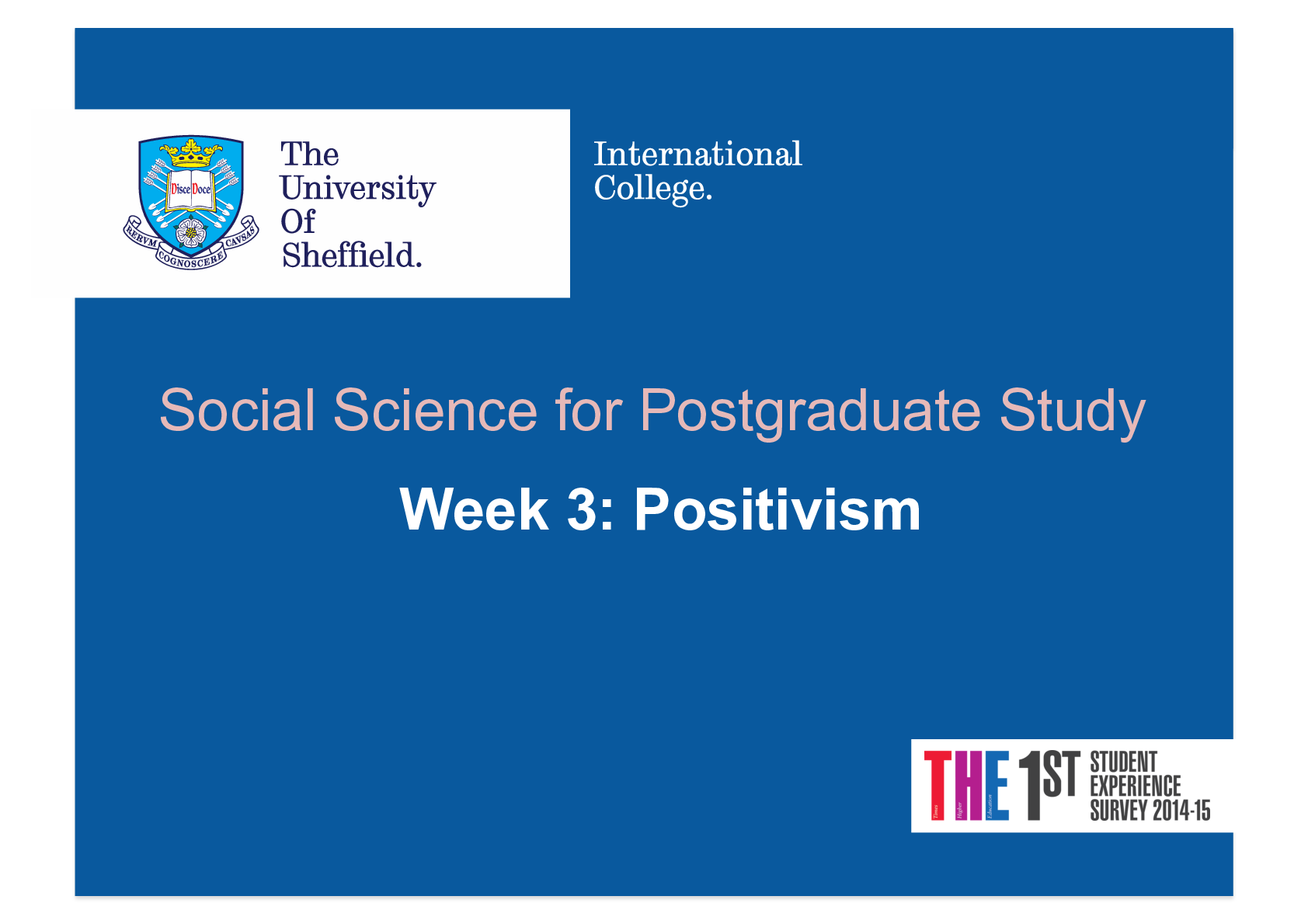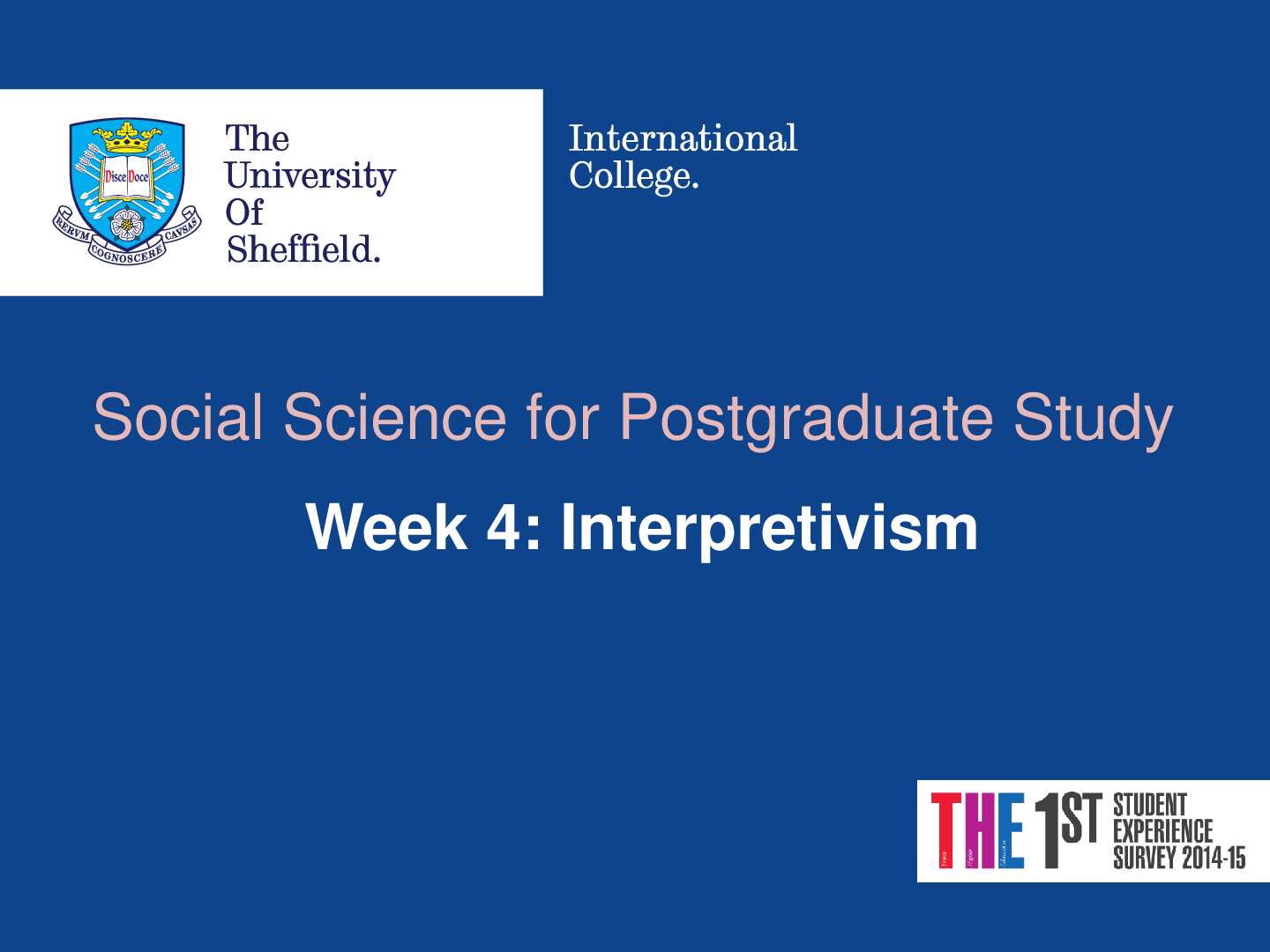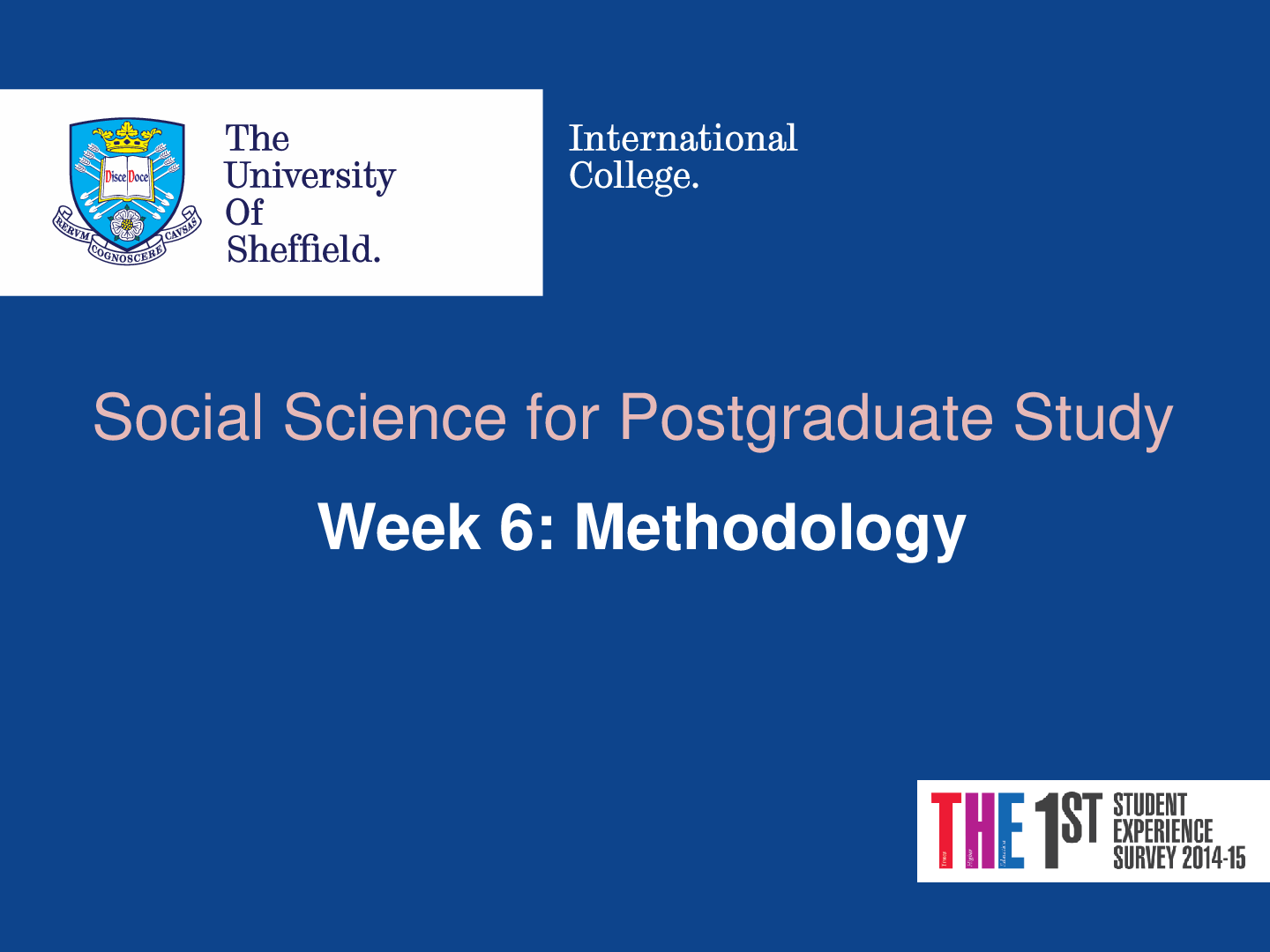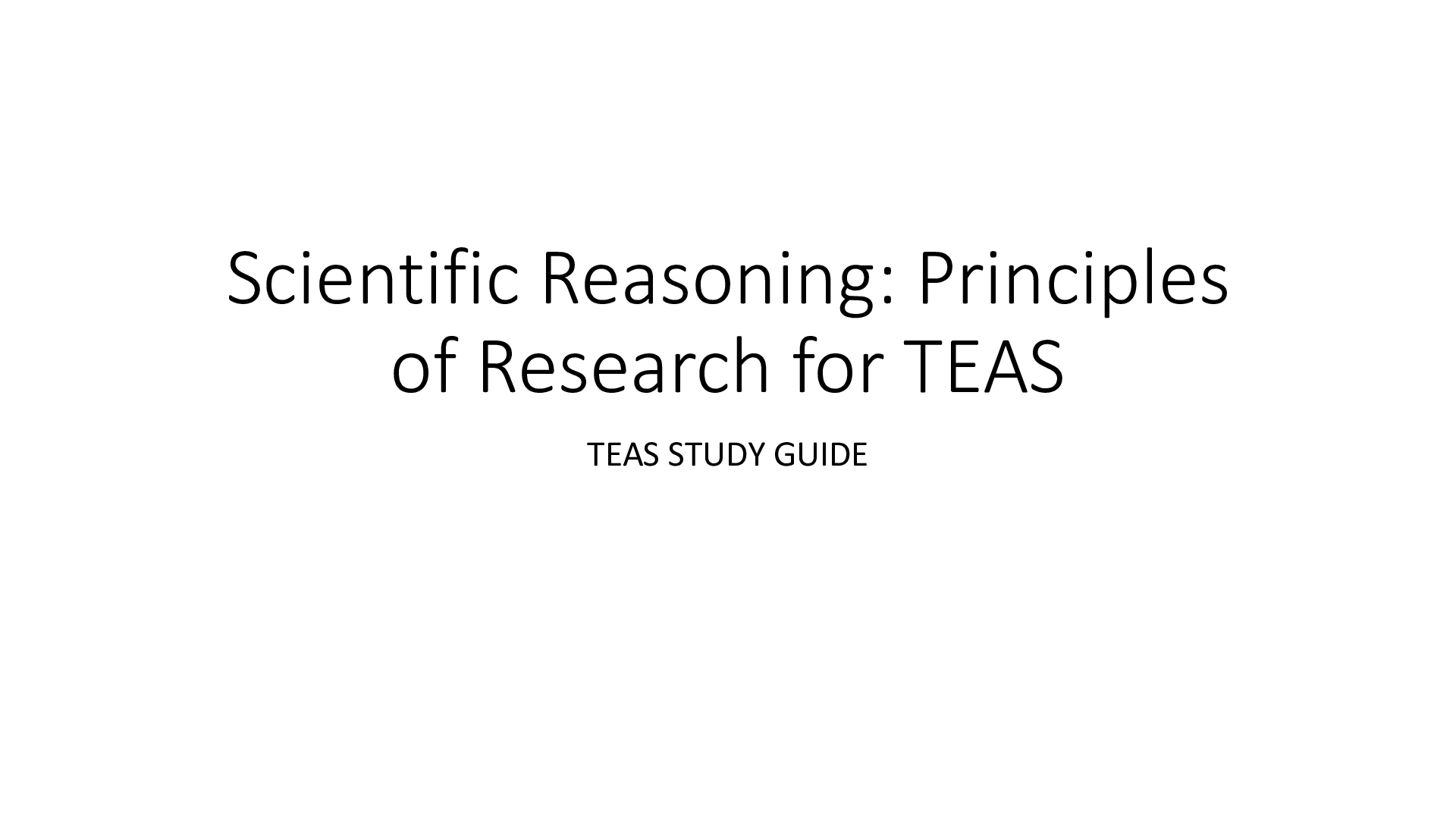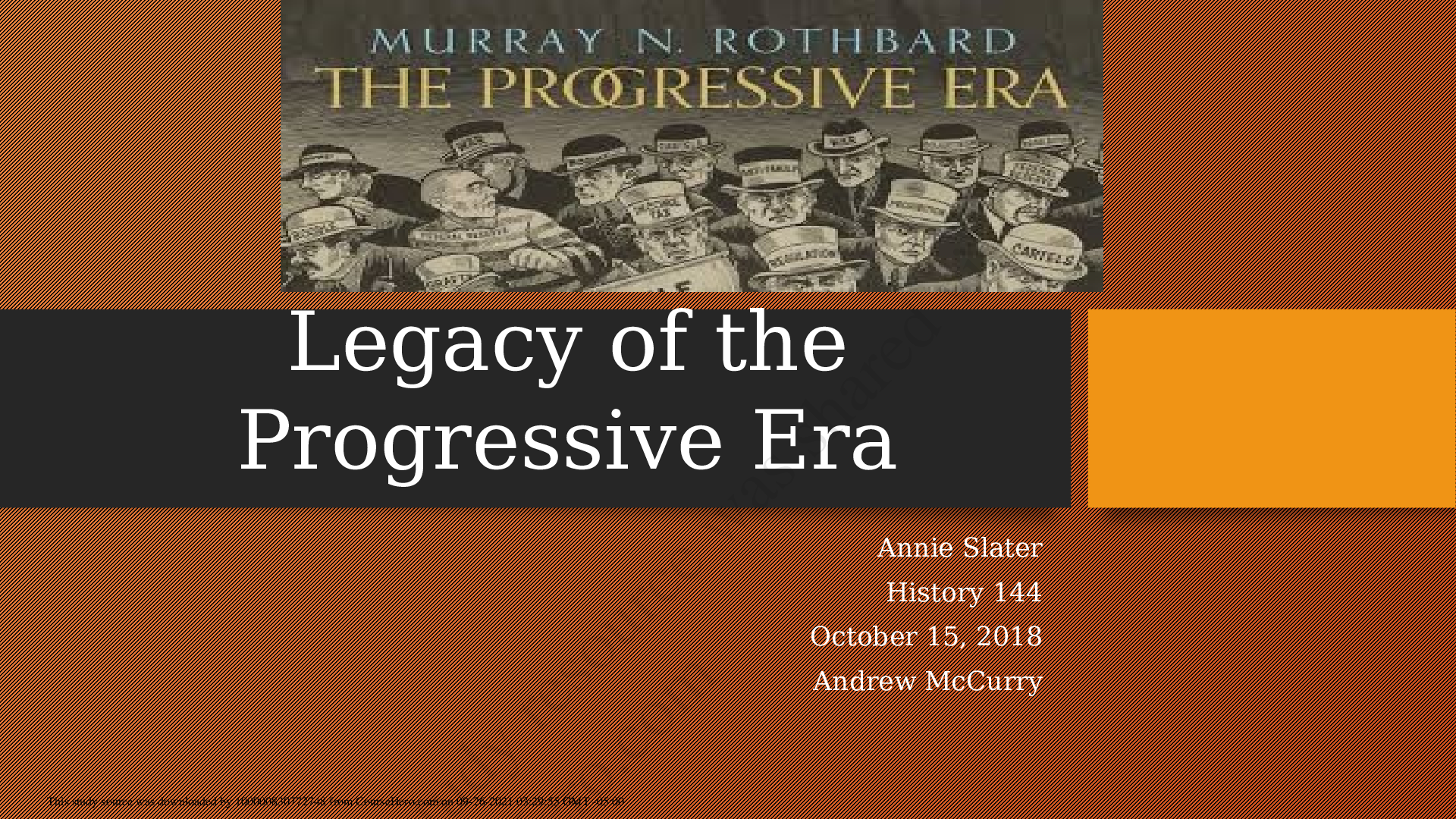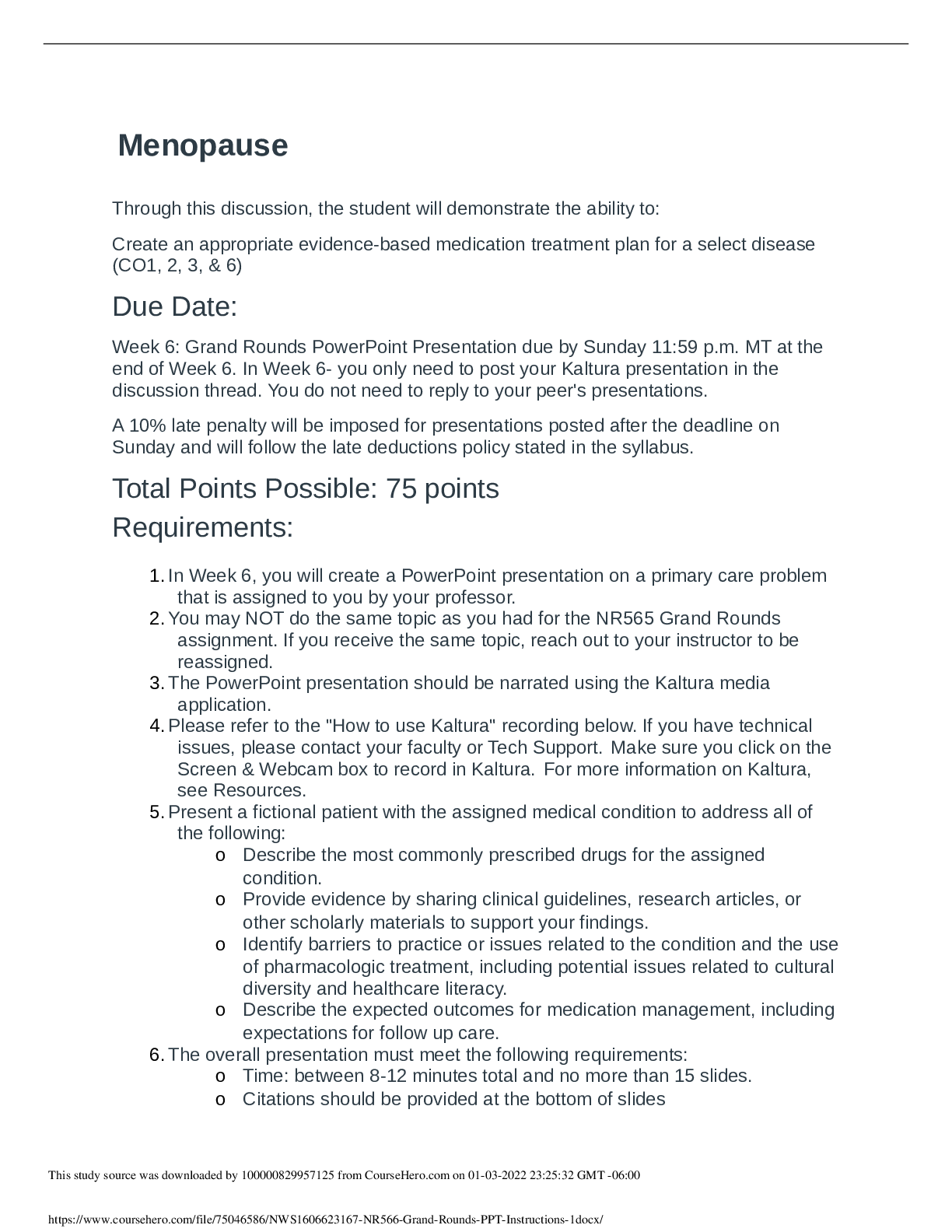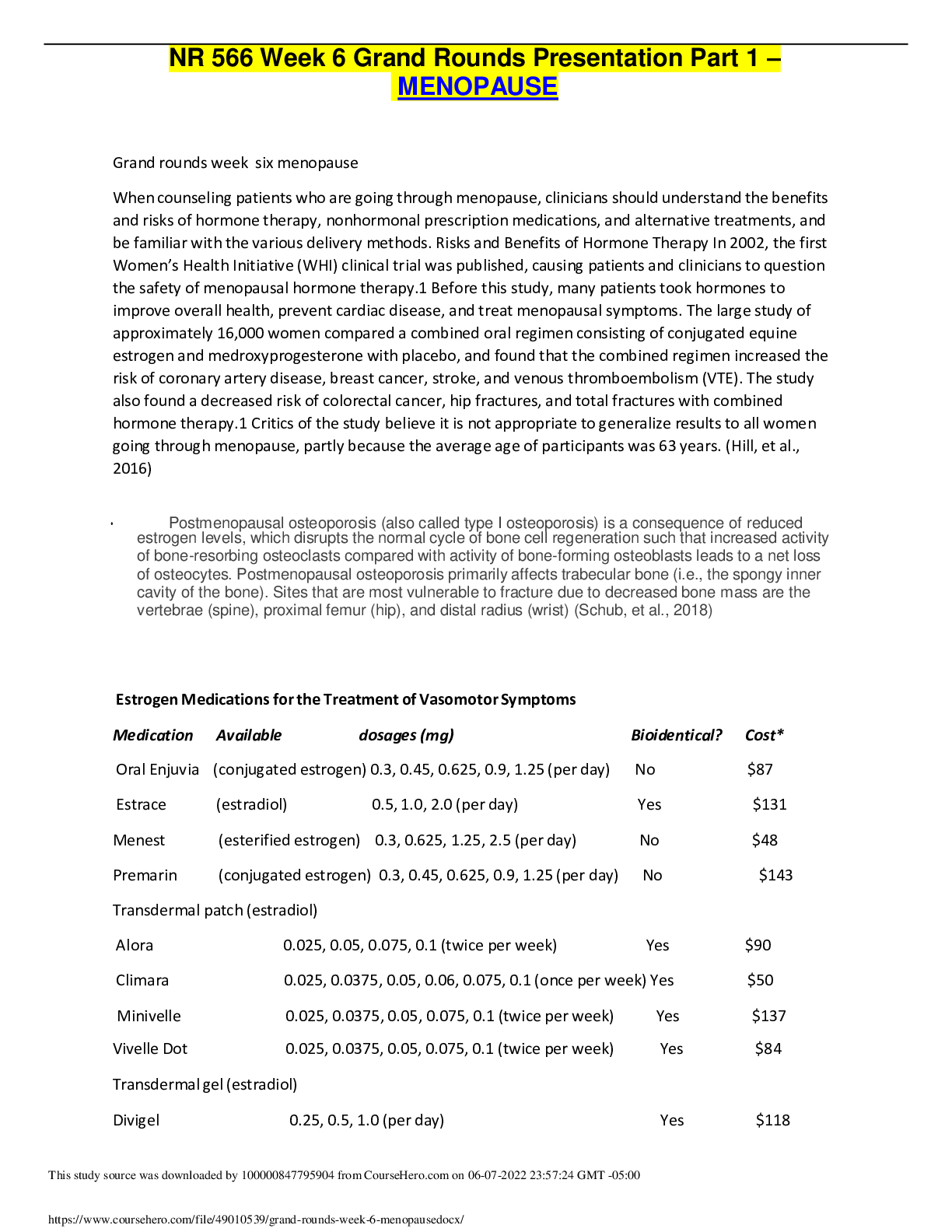Philosophy > Presentation > Social Science for Postgraduate Study Week 2: Philosophy of Social Science. Presentation (All)
Social Science for Postgraduate Study Week 2: Philosophy of Social Science. Presentation
Document Content and Description Below
Social Science for Postgraduate Study Week 2: Philosophy of Social ScienceIntroduction 2 • Last week we explored some basics surrounding what social science is and how it has developed over tim... e. • This week, we will start to focus on the core content of the module: Philosophy of social scienceLearning Outcomes 3 • Understand what is meant by philosophy of social science; • Understand the philosophical concepts of: – Ontology; – Epistemology; • … and different perspectives within each of these.Philosophy of Social Science • Philosophy: The use of logical reason to study the nature (inherent features) of knowledge and reality. • Philosophy of social science: the rational study of the nature of subject matter in the social world. • We will learn about two philosophical concepts to help us understand the social world and our knowledge: 4Philosophy of Social Science • Ontology: Theory of reality. – what is real? • Epistemology: Theory of knowledge. – what can we know about this reality? 5Ontology • Ontology – examines the nature of reality; asks the question: What is real? What exists? – onto = ‘being’, ‘existence’ – logia = ‘theory’ • Is there a real world out there that exists independently of our knowledge of it? OR • Is reality something that we construct in our minds as individuals, and there is nothing beyond that? 6Ontology – Example • Social class = a way of categorising the population according to their employment, wealth and social status. • Can we talk about people belonging to a particular social class and theorise about the relationship between those classes? – Here, class has a reality external to any individual. 7Ontology – Example 8 http://www.slideshare.net/alexsyed/social-class-pyramidOntology – Example OR • If individuals do not have any concept or understanding of belonging to a social class, does class not exist for them? – Here, class is only as real as an individual’s awareness of it. 9Ontology: two positions • How we answer these questions results in two ontological positions: 1. Objectivism / Foundationalism / Materialism – Things exist independently of our knowledge of them. – There is an external world that exists whether we know about it or not. – Reality is universal (objective, stable and constant). 10Ontology: two positions 2. Subjectivism / Anti-Foundationalism / Idealism / Constructionism – Where the reality of things is constructed in the mind, often through social interaction. – Reality is based on perceptions. – Only perceptions of objects are real (not the objects themselves). – Here reality is temporary (subjective, dynamic and changing). 11Epistemology • Epistemology – the theory of knowledge – episteme = ‘knowledge’ – logia = ‘theory’ • Asks the questions: – What counts as knowledge? – What can we know? – What can we not know? (the limits of our knowledge) 12General types of knowledge 13 Knowledge Definition Example Empirical (factual) A proven truth; knowledge based on observation, using our senses Physics: the Earth orbits the Sun Rational (logical) Knowledge based only on rational or logical thought. Mathematics Abstract (conceptual) General concepts that represent particular experiences and entities Beauty Freedom GovernmentGeneral types of knowledge 14 Knowledge Definition Example Theistic (religious) A belief in God, on a rational or evidential basis. Religion Indigenous (local; traditional) Knowledge based on legends, stories, practices and traditions passed down over time within a particular community. Not influenced by external or colonial forces. Aborigines in Australia have their own agricultural and medicinal practices.Knowledge in the Social Sciences • These are some of the different types of knowledge we may use in our daily lives, depending on our individual and cultural history and beliefs. • However, in the social sciences, research focuses on what can be observed by social scientists. • So a fairly simple distinction is made between: – Objective knowledge; – Subjective knowledge. 15Objective Knowledge • Objective knowledge is based on facts – things that are known or proved to be true. • Objective knowledge comes from observation. • For example, in science, when the same thing can be observed repeatedly, it will be considered a fact. • Objective knowledge is independent of the person observing. – It does not matter who is observing, the result will be the same. – Objective knowledge is universal. 16Subjective Knowledge • Subjective knowledge is based on personal experience, what we feel and think. • Subjective knowledge is unique to the individual. – It is not a universal fact. • Subjective knowledge can be the way we understand people and events around us using our own, pre-existing ideas and experience. 17Example - Suicide • In 1897, Emile Durkheim (a famous sociologist) studied changes in suicide rates in European countries and compared this data to other events / phenomena in society. • Based on objective observation, Durkheim found that changes in levels of suicide were directly related to broad social factors: – economic conditions, marital status, religion. • Suicide was not based on individual mental state or disorders. 18Example - Suicide • However, other research on suicide has focused the subjective experience of those who survived their attempts. • Attempts to explain, predict and control suicide require an understanding of what suicidal thoughts and feelings mean to those who live it. • This approach asks the question: What is it like to be suicidal? 19Knowledge and Research • So, social scientists generally fit into one of two main groups: 1. Those seeking to discover objective, observable facts about people and society. – ‘Positivists’ 2. Those seeking to discover the subjective thoughts, feelings and experiences of people within society. – ‘Interpretivists’ (more on these over the next two weeks) 20Linking Ontology and Epistemology 21 Ontology Objectivism Subjectivism Epistemology Objective knowledge (Positivism) Subjective knowledge (Interpretivism)• Philosophy of social science: the rational study of the nature of subject matter in the social world. • Ontology: theory of reality; what is real / what exists? – Objectivism: reality exists independently of us; – Subjectivism: reality is constructed in our minds. 22 Summary• Epistemology: the theory of knowledge; what can we know? – Objective: factual knowledge based on observation; – Subjective: knowledge based on individual thoughts, feelings and experiences. 23 Summary• See guidance on MOLE. 24 Reading [Show More]
Last updated: 1 year ago
Preview 1 out of 24 pages
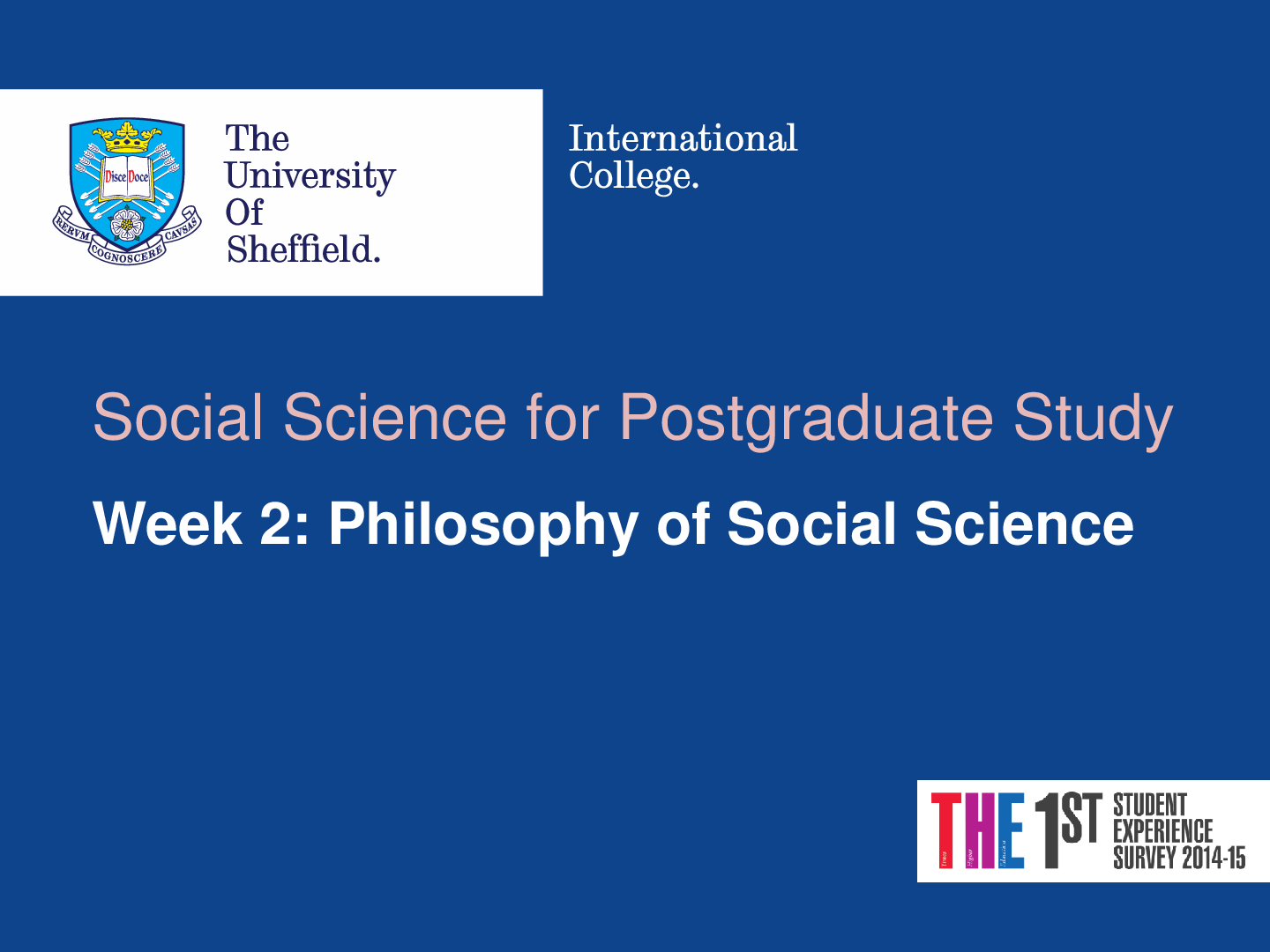
Reviews( 0 )
Document information
Connected school, study & course
About the document
Uploaded On
Jan 21, 2020
Number of pages
24
Written in
Additional information
This document has been written for:
Uploaded
Jan 21, 2020
Downloads
0
Views
72

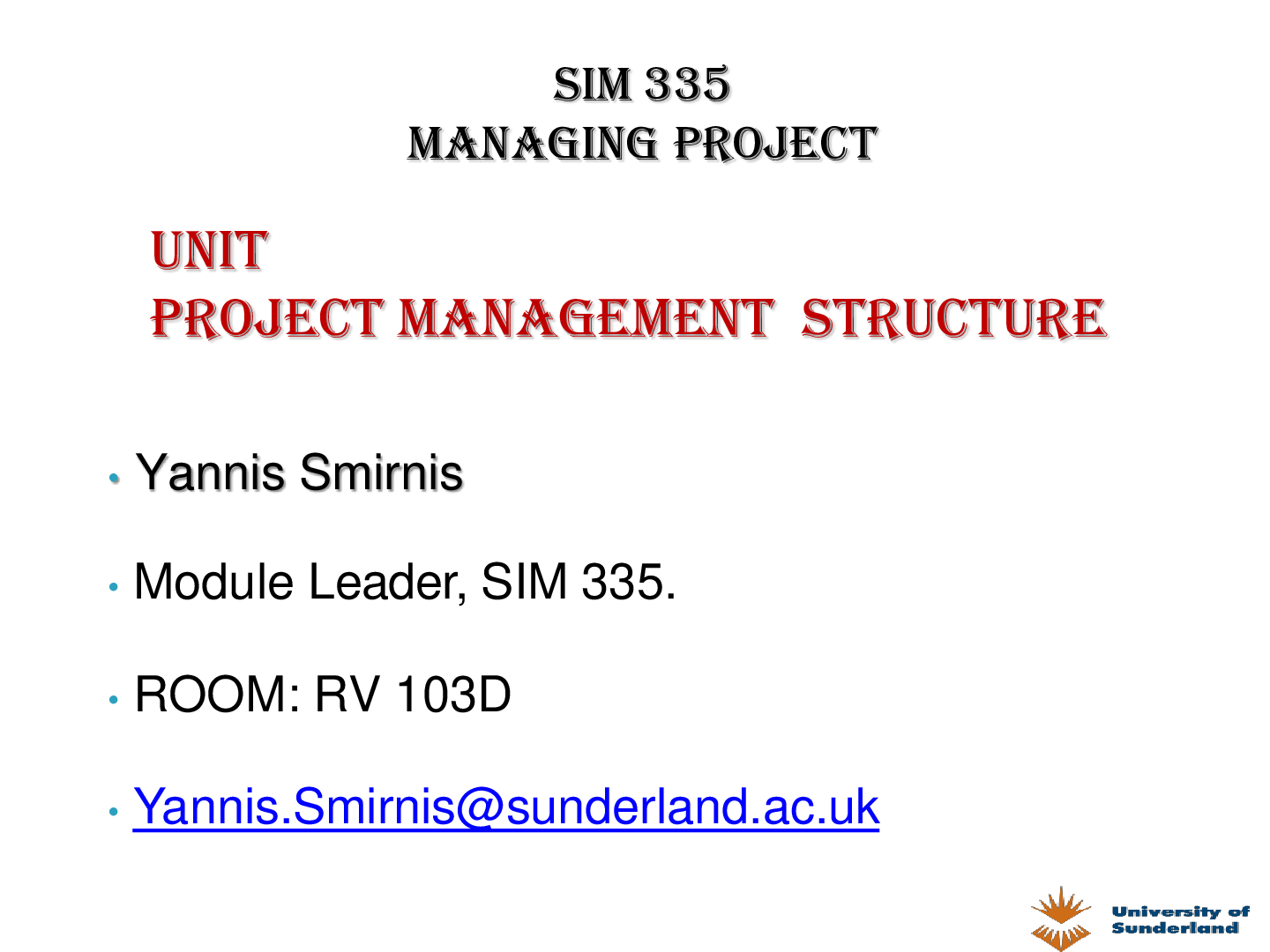


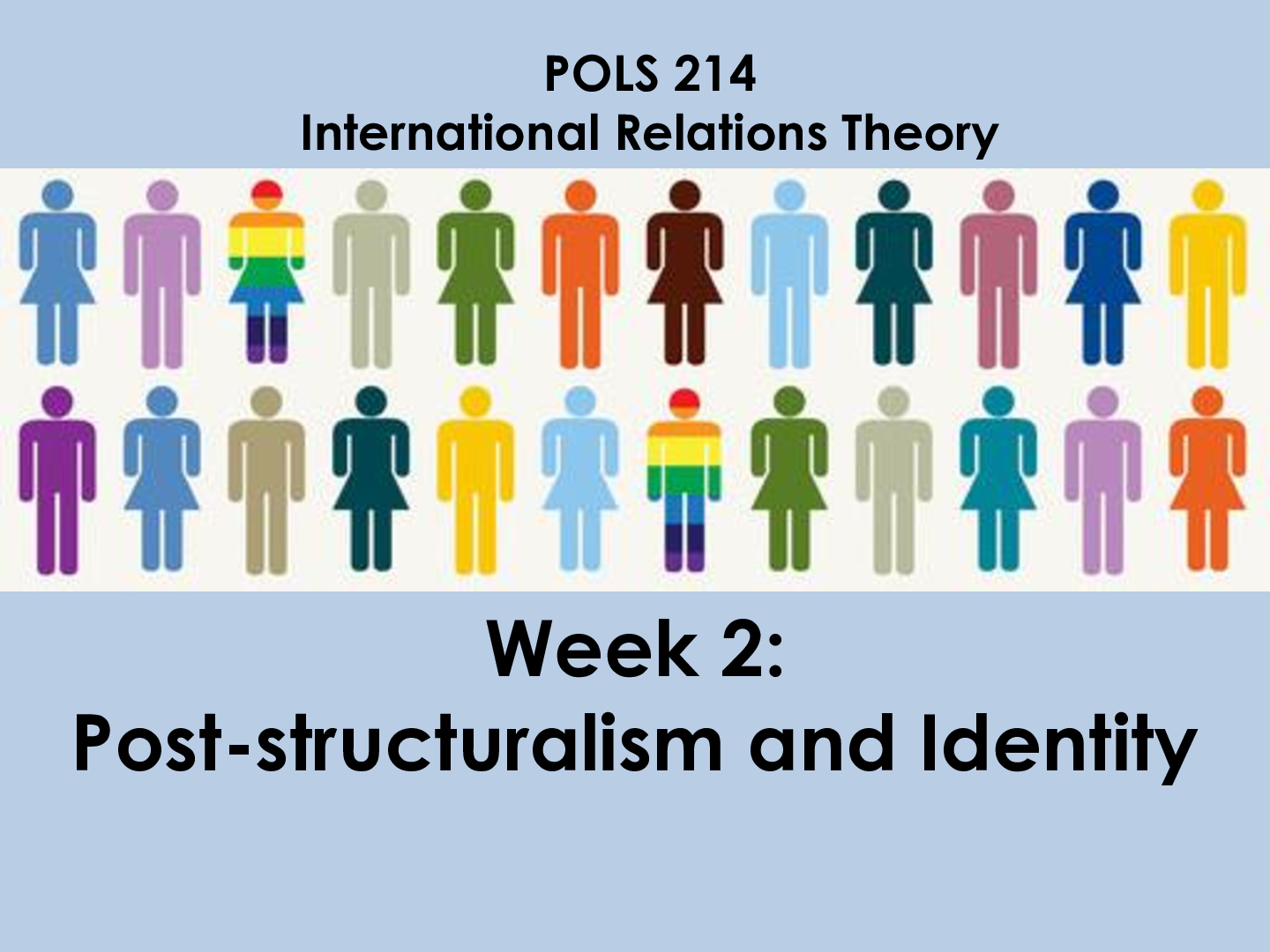

.png)








